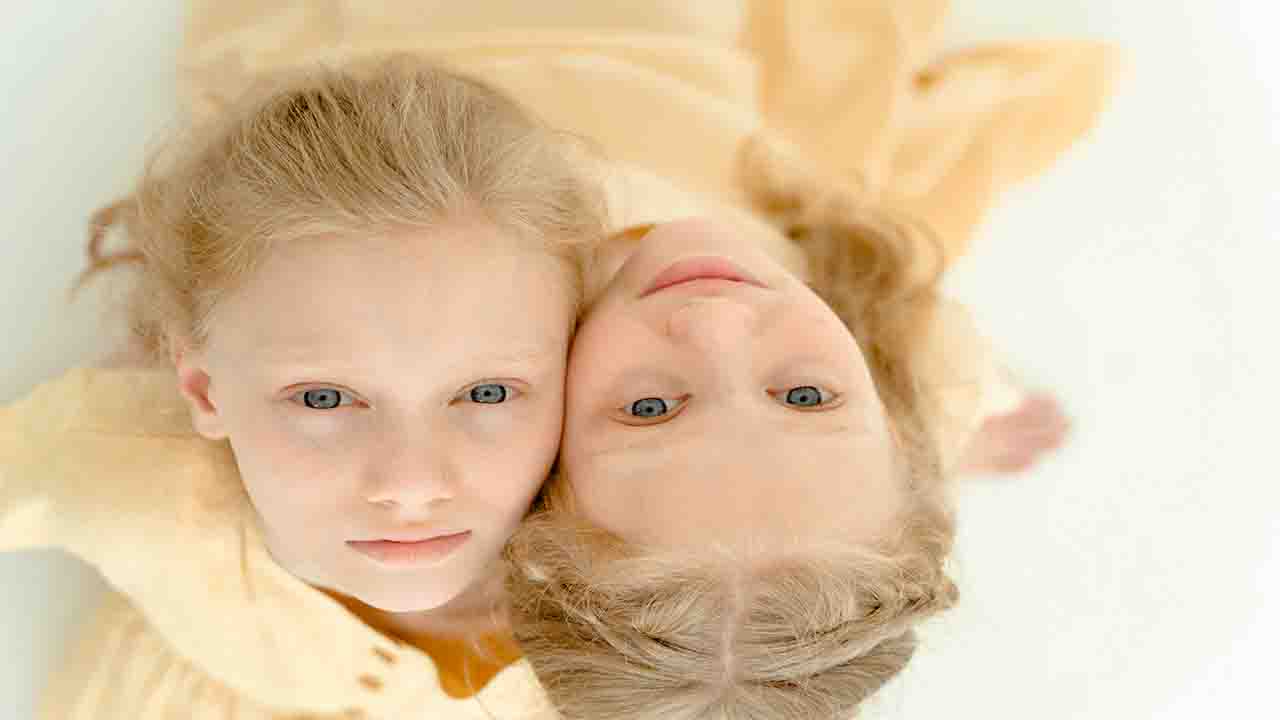Science & Technology, Australia (Commonwealth Union) – Trust is the belief in the reliability, honesty, and integrity of a person, an organization, or a system. It is the expectation that someone will behave in a way that is consistent with their words and actions. Trust is not blind faith or unconditional acceptance; it is the result of a process of evaluation, where we assess the credibility and dependability of the person or entity we are trusting. Trust is often built over time, through consistent behavior and proven reliability. It is a slow and gradual process, as we learn to trust someone based on their actions, words, and deeds. Trust is not something that can be forced or demanded; it is earned through a track record of honesty, integrity, and responsibility.
Trust is also a two-way street. For trust to be established, it must be mutual. We cannot expect someone to trust us if we do not trust them in return. Trust is built on reciprocity, where both parties are willing to invest in the relationship, to share information, to communicate openly, and to support each other.
Trust, a fundamental element in human relations, is found to possess a considerable genetic influence, accounting for approximately 33% of individual variability, as per recent Australian research drawing from twin data and meta-analyses of prior studies on trust heritability.
The bedrock of successful relationships, economic exchanges, and societal unity is trust. Its absence heralds the demise of businesses, the downfall of political factions, and the eruption of conflicts, both intimate and global, leading to shattered lives and broken hearts, as indicated by researchers of the study.
Lead author Dr. Nathan Kettlewell emphasized, that understanding the factors influencing our inclination to trust others is crucial, as higher levels of trust correlate with numerous social and economic advantages, potentially enhancing community wellbeing.
Dr. Kettlewell, affiliated with the University of Technology Sydney, and Professor Agnieszka Tymula, from the University of Sydney, collaborate at the intersection of economics, psychology, and neuroscience to explore how inherited behavioral traits like trust shape life outcomes.
Their recent study, “Heritability across various domains of trust,” published in the Journal of Economic Behavior and Organization, underscores trust’s multifaceted nature, which can be gauged through diverse methodologies, which consisted of twin studies.
Dr. Kettlewell indicated that Twin studies serve as a potent tool for untangling genetic and environmental impacts on complex traits, and by taking into account the comparison of trust levels between identical twins, who share 100% of their genes, and fraternal twins, who share approximately 50%, we can elucidate these influences.
“Our findings suggest that while genetic factors contribute around 33% to the variation in levels of trust observed among individuals, life circumstances such as being older, in better health and married or in a de facto relationship also increase trust,” explained Dr. Kettlewell.
The Australian segment of the research involved 1120 twins and utilized survey data to gauge levels of trust, encompassing both general trust and trust in political figures. Behavioral dimensions of trust were assessed through a trust game, wherein participants were tasked with sharing money with another individual.
Professor Tymula emphasized that trust is a nuanced trait, challenging to define and quantify, moreover, it manifests differently across various domains; for instance, an individual might exhibit elevated levels of trust in interpersonal interactions yet display diminished trust in political spheres.
“Our results don’t imply that people with certain genes are doomed to be high or low in trust. However, when we reflect on our own behaviour, and that of people we know, it’s important to recognise that heritability is a component.
“This can affect how we see ourselves, and how we treat others. For example, recognising a person’s distrust in politicians is partly due to the lottery of genes, we might come to appreciate why someone who grows up in similar circumstances can have such different beliefs.”
The researchers of the study point out that discovery underscores the pivotal influence of genetics on trust, yet it’s essential to acknowledge that environmental elements like upbringing, cultural practices, and life events intertwine with genetic inclinations to shape an individual’s trust.
Grasping the bedrock of trust paves the way for extensive exploration in disciplines like economics, psychology, and sociology, alongside practical endeavors aimed at nurturing trust, collaboration, and societal welfare across varied settings.








